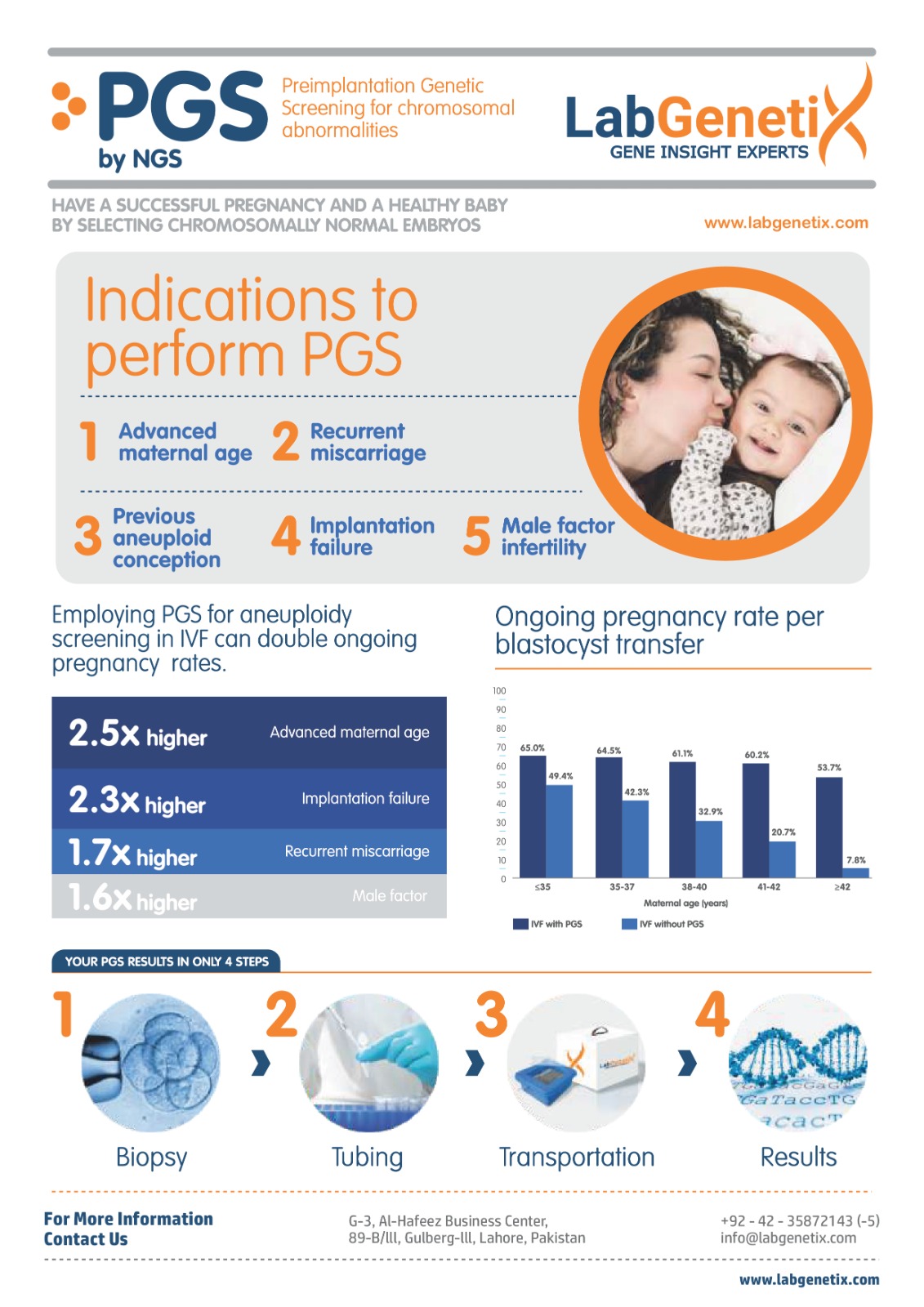BRCA (LG-BRCA)
WHAT IS BREAST CANCER (BRCA) SEQUENCING?
The BRCA gene test is a kind of blood test using DNA analysis to identify harmful changes (mutations) in a single one of these two cancers of the breast susceptibility genes — BRCA1 and BRCA2.
Women that have inherited mutations in these genes are near a bigger risk of developing cancer of the breast and ovarian cancer compared with the general population.
BRCA gene test is offered to people, who are likely to get an inherited mutation based on personal or genealogy or which have an important kind of breast cancer. The BRCA gene test isn’t routinely performed on women at average risk of breast and ovarian cancers.BRCA gene test is offered only to people usually likely to get an inherited mutation in accordance with personal or genealogy, or which have an important kind of breast cancer. The BRCA gene test is not normally performed on women at standard risk of breast and ovarian cancers.
Many patients considering genetic testing undergo genetic counseling, which could help you figure out what the results could mean for your present health and help you choose whether genetic testing beneficial to you.
WHO SHOULD NEED BRCA SEQUENCING?
You might be at raised risk of having a BRCA gene mutation and a patient for BRCA gene testing. if you have:
- An individual history of breast cancer diagnosed at a young age (premenopausal or younger than age 50).
- An individual history of triple negative breast cancer diagnosed at age 60 or Smaller.
- A personal history of breast cancer, ovarian cancer, affecting both breasts (bilateral breast cancer).
- A family member or relative cancer who has any of that bilateral breast cancer, ovarian cancer or breast cancer (BRCA).
The genetic counselor can help you decide what other genetic testing options may be available based on your personal and family history.


RISKS:-
There isn’t any medical risk associated with being tested for a BRCA gene mutation other than the slight risks — including lightheadedness, bleeding or bruising — of having your blood drawn. Additional consequences surrounding genetic testing include the medical, financial, emotional and social implications of your test results.
If you test impressive for a BRCA gene mutation, you may face:
- Feelings of tension, fury, sadness or depression.
- Concerns over possible insurance discrimination.
- Strained family relationships more than learning of a familial genetic mutation.
- Difficult decisions about preventive measures that contain long-term consequences.
- Feelings of inevitability that you will become cancer.


 –
–